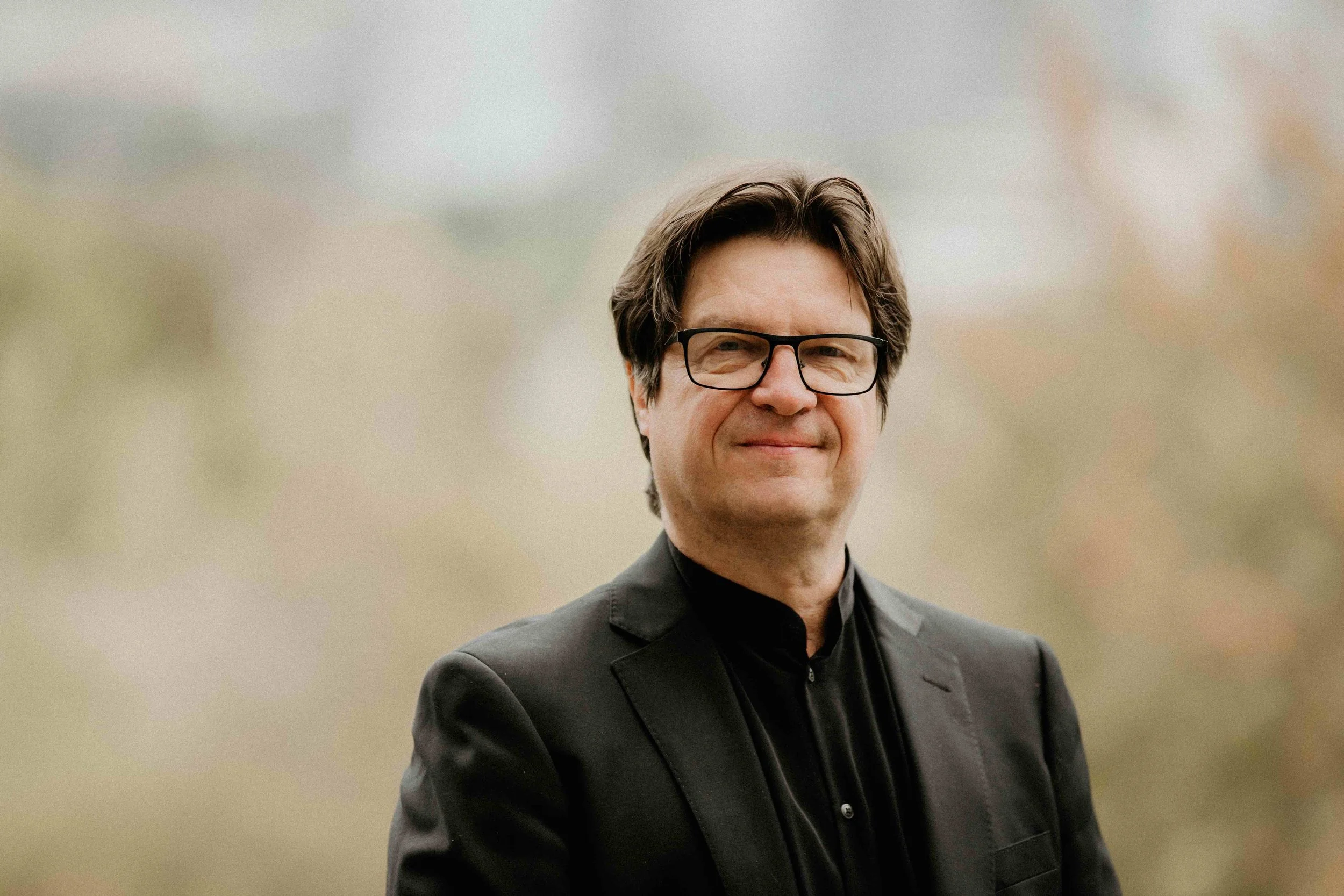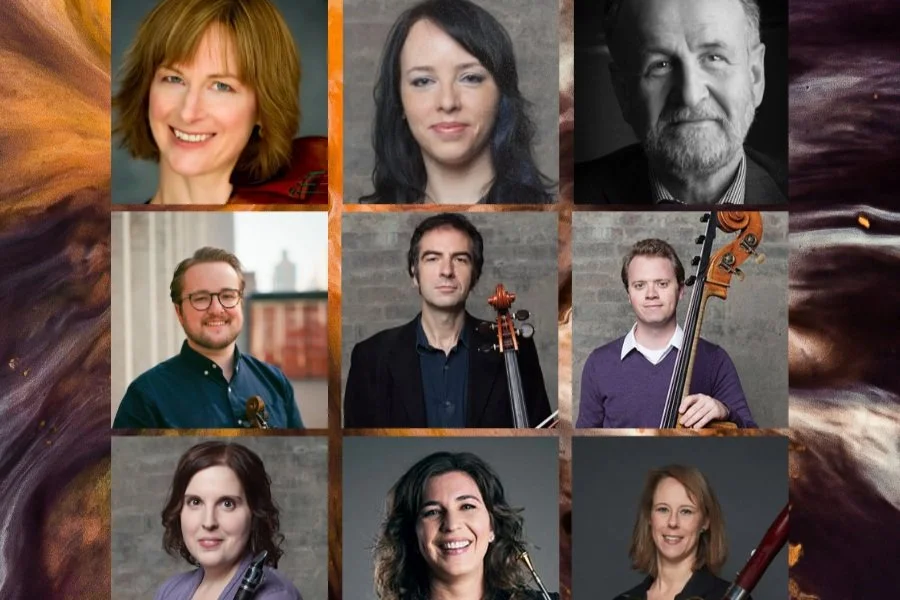Adrian Verdejo's guitar explorations speak to the here and now, at Vancouver New Music
In diverse program, strings meet the familiar noises of home, looping technology, and digital soundscapes
Guitar virtuoso Adrian Verdejo shows audience the diverse composers and stylistic areas that have interested him lately. Photo by Lenore Ede
Vancouver New Music presents Adrian Verdejo online from February 20 to 28. Giorgio Magnanensi, Verdejo, Wolf Edwards, Peter Hannan, Diego Lozano Verduzco, and Rodney Sharman for a free, online artist chat on Tuesday, February 23, 2021 at 5 pm; register at Eventbrite
ALTHOUGH ORIGINALLY planned for a May 2020 live performance, Adrian Verdejo’s upcoming online concert now looks even more forward-thinking than it would have then.
Credit that to the presence of Diego Lozano Verduzco’s Cáscara on the program: although written in 2015, it’s eerily prescient of our shared pandemic experience of being unwillingly housebound for months of time.
Scored for guitar and prerecorded tape, the Mexican composer’s work anticipates the way that many of us have become aware of the various hums, buzzes, rattles, and inexplicable creakings that infuse our daily lives.
“The tape part represents a house or a fixed, permanent structure. The guitar part represents the resident of the house or an individual,” Lozano Verduzco writes in his artist’s statement. “The tape part was composed with sounds I recorded from my own home, such as kitchen utensils, household appliances, bathroom and office accessories, doors, running water, etc. The guitar material consists mainly of specific physical actions written in a rather nontraditional notation which [adds] an intuitive nature to the piece.”
Although the Vancouver-based Verdejo has been working on Cáscara for several years, he allows that he’s grown increasingly fond of its subtleties during his time in lockdown.
“It’s really taken on a deeper meaning,” the guitarist explains. “For myself, I also just found it interesting how he captured a lot of the sounds around his house. Having been inside the same four walls for the past 12 months, you start to notice these little incidental sounds that can actually be very musical and very expressive in their own way, so the piece has become a little more personal over the last year or so. You know, it’s dealing with pretty internal subject matter, but I think there’s also quite a bit of playfulness in the piece, and that’ll probably translate as well.”
On a more purely psychological level, interiority is also the theme of Falling (into the unknown), written by Toronto composer Julia Mermelstein, and Chains, from the pen of Verdejo’s friend, collaborator, and fellow guitarist Wolf Man Edwards. Falling is another uncannily apt effort from 2015: in it, Mermelstein explores how “the unknown always brings us into a particular mental place that can be filled with unwanted stillness or accelerations of feelings we don’t know how to process yet.”
Photo by Lenora Ede
These sensations may seem familiar to many of us.
And in Chains, which here gets its world premiere, Edwards uses digital processing and looping technology to invoke the sometimes convoluted processes of memory, which “can be at times uplifting and inspiring or other times unveil the terrifying vistas of a bleak subconscious horror,” as the Victoria-based composer writes.
“There’s a lot of layers going on, and they sort of build in density,” Verdejo adds. “But I think it’s a new extension of Wolf’s language, beyond the dense noise and really expressive, visceral effects that he’s used in the past. He’s embracing a little bit more, I’d say, of the intimate, softer side of the guitar. And also more spaciousness, even at times kind of ambient qualities. But the piece is pretty epic, and it has very definitely a Wolf Edwards kind of sound!”
Other aspects of Verdejo’s favoured instrument will be explored in Rodney Sharman’s for Guitar, for solo nylon-strung guitar, and Peter Hannan’s Punkt not punked, which investigates how MIDI technology can allow for strange and subtle modifications of the electric guitar’s characteristic timbres. In addition to electronically putting the performer’s instrument into just intonation—an operation that would normally require a new and expensive set of frets—Punkt not punked asks Verdejo to trigger an array of digital soundscapes and gives him considerable latitude for on-the-fly arranging.
“It’s definitely a good display of diverse composers and the stylistic areas I’ve been working in for the last few years,” Verdejo says of the program as a whole. And even though he’s more than ready to head out and play for live audiences again, it’s clear that he’s been using his pandemic “downtime” well.
“We’re just trying to find new paths,” the guitarist says. “And video—for the time being, at least—is the best way of getting our stuff out there.”
Find tickets and more info here.















